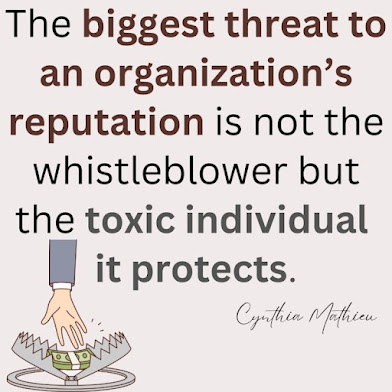...Now all of that ugliness is being aired by Kunin himself. He’s writing a book about what happened and publishing installments — 23 as of this writing — on Substack. The newsletter, named after the Pixies song “Weird at My School,” pokes fun at the literary world inhabited by its author. Except Kunin’s characters aren’t fictional. He describes what his colleagues said and how they acted and quotes from their many emails to depict a department run aground by dysfunction. The story he tells is one of intolerance, vendetta, ego, and timidity. People who work in places like Pomona’s English department “do not say what they think,” Kunin writes. “Inevitably, in this working environment, they forget how to think for themselves.”
Polemics abound about self-censorship in academe. What makes Kunin’s project distinct is his willingness to root around in the dirt of his department, unearthing petty and bizarre disputes and holding them up to the light. He hopes to illustrate a broader phenomenon: that academic freedom is too easily sacrificed at the altar of agreeableness. That allegations of racism can be used to muzzle discourse. That when colleagues avoid conflict at all cost, what’s acceptable to think and say constricts until there’s little space left for anything unorthodox.
Even before he published his newsletter, most of Kunin’s colleagues had stopped speaking to him, at least in the way that colleagues typically do. Laying bare your coworkers’ absurdities risks torpedoing whatever’s left of those relationships. So why do it? What is there to be gained, other than glares in the faculty lounge?
...He says no one took minutes at department meetings, so there was no record of what decisions were made and people sometimes forgot. The decisions themselves were determined in a haphazard way — sometimes by vote, sometimes not, and often by, as he writes, “weak consensus.”
...As chair he’d been embroiled in so much pointless conflict, but this one, over a course he wanted to teach, was something he actually cared about. He told Gray he was tired of being bullied and wanted to display intellectual bravery. He thought that was important, particularly at Pomona, where a Gallup poll had found that 63 percent of surveyed professors agreed that the campus climate prevented people from saying things they believed because others might find them offensive. “The result of self-censorship is academic dishonesty,” Kunin would write in a lengthy statement to the dean, “and the only cure for self-censorship is not to do it.”...
From: https://www.chronicle.com/article/when-a-department-self-destructs



